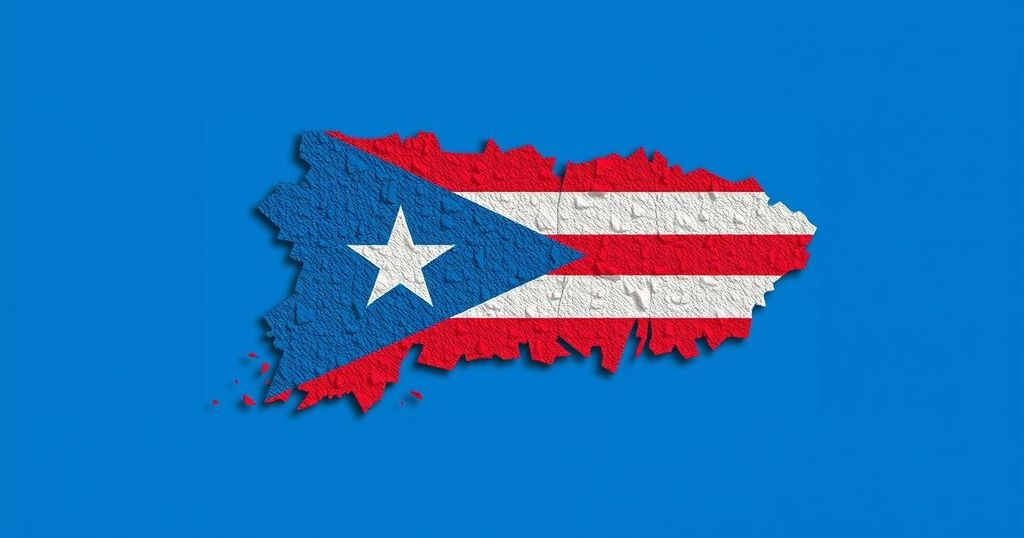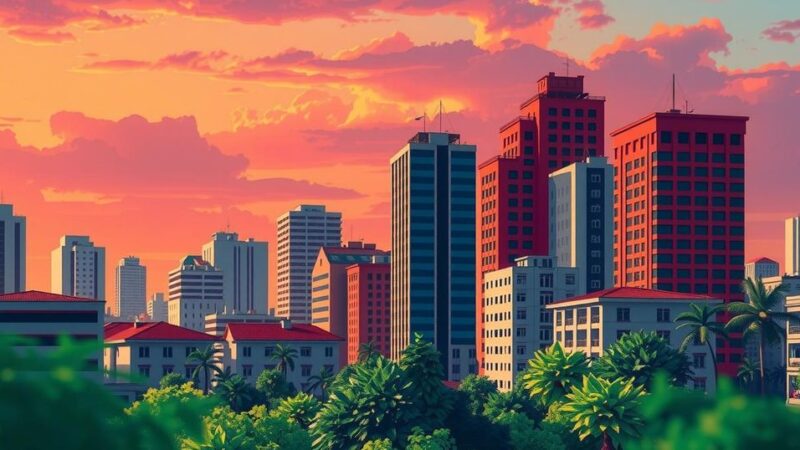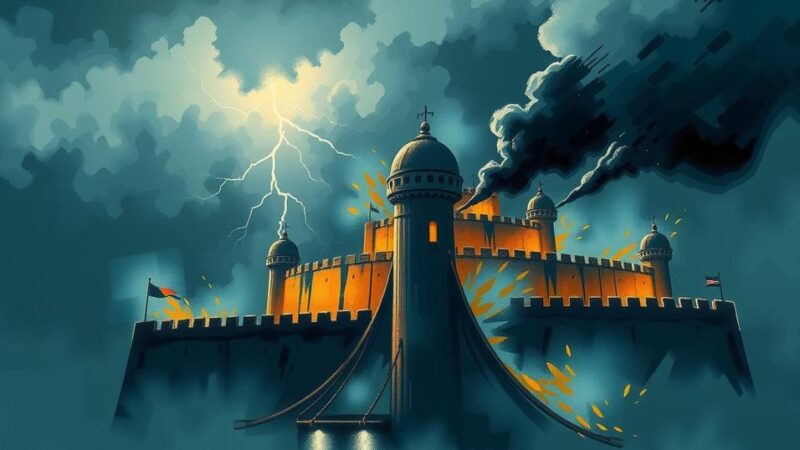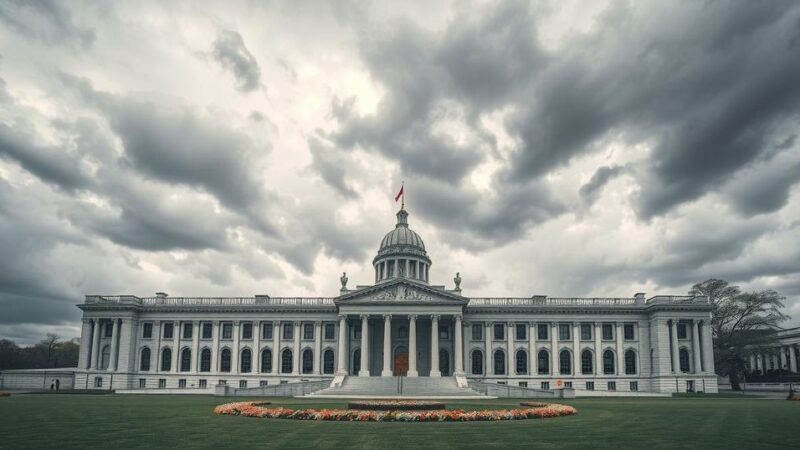On November 5, Puerto Rico faces an election marked by rising third-party candidacy as Juan Dalmau of the Puerto Rico Independence Party gains significant support, challenging the established dominance of the New Progressive and Popular Democratic parties. Voter discontent over corruption and service inadequacies sets the stage for potentially historic outcomes, with the youth electorate showing increasing favor for Dalmau’s candidacy. As the elections approach, critical issues such as economic stability and political status are at the forefront of voter concerns.
As Puerto Rico approaches Election Day, significant shifts are unfolding in the political landscape, highlighting a historic moment marked by the rise of third-party candidates. The island’s political dynamics are challenged by a younger electorate disenchanted with longstanding corruption, persistent power outages, and fiscal mismanagement. For the first time, a third-party candidate, Juan Dalmau of the Puerto Rico Independence Party combined with the Citizen Victory Movement, has surged into a strong second position in gubernatorial polling, signaling a potential upset against Jenniffer González of the New Progressive Party, who currently leads narrowly. Recent data from a Gaither international poll indicates Dalmau has received 29% of support against González’s 31%, notably narrowing the gap since July’s poll. This evolution reflects a broader trend of increasing disillusionment with the traditional political factions; the New Progressive Party and the Popular Democratic Party, which historically dominated elections. The backdrop to this election is steeped in a history of fiscal challenges that began in earnest in 2016 when the U.S. Congress established a financial oversight board amid Puerto Rico’s crippling $70 billion debt crisis. This was exacerbated by the devastation wrought by Hurricane Maria in 2017, which underscored the government’s inability to maintain basic services, particularly in electricity distribution. The current governor, Pedro Pierluisi, won election in 2020 with a mere 33% of the vote, highlighting the growing dissatisfaction among voters frustrated with political inefficacy. As the election nears, Dalmau and other candidates face mounting pressure to establish affordable housing, lower utility costs, and combat rising crime rates while addressing healthcare system deficiencies exacerbated by an exodus of medical personnel to the U.S. mainland. Despite promises for reform, historical patterns of low voter turnout persist, raising concerns about apathy among registered voters. Young voters predominantly support Dalmau, which could significantly alter the election’s outcome if they mobilize effectively on Election Day. The campaign has also witnessed the involvement of prominent cultural figures, such as reggaetón artist Bad Bunny, who criticized the two existing parties through extensive billboard campaigns attempting to sway public sentiment. Finally, voters will participate in a non-binding referendum asking about Puerto Rico’s political status, a matter that has seen repeated inquiries without legislative response from U.S. Congress. This election is poised to reshape Puerto Rican politics; the results will indicate not only the public’s sentiment regarding governance but also their desire for a more meaningful relationship with the United States in terms of political status.
Puerto Rico’s political environment has historically been dominated by two main parties: the New Progressive Party (favoring statehood) and the Popular Democratic Party (supporting the status quo). This longstanding bipartisanship has faced significant challenges in recent years due to rampant corruption, power outages, and fiscal mismanagement, culminating in a federal oversight board established by Congress to address the island’s $70 billion public debt crisis in 2016. The devastation from Hurricane Maria in 2017 further highlighted the inefficiencies and infrastructural decay within the local government systems. As a result, a growing dissatisfaction among voters, particularly among younger generations, has paved the way for the emergence of third-party candidates in the current election cycle.
The upcoming elections in Puerto Rico are indicative of a significant shift in the political landscape, reflecting widespread discontent with entrenched parties and their governance. The rise of Juan Dalmau as a formidable third-party contender underscores this transformation, especially among younger voters eager for change. Given the myriad challenges facing Puerto Rico, including economic instability, inadequate public services, and unresolved political status questions, the outcome of this election could redefine the island’s political trajectory for years to come. Voter engagement and participation will be crucial in determining whether this historic potential is realized.
Original Source: apnews.com






